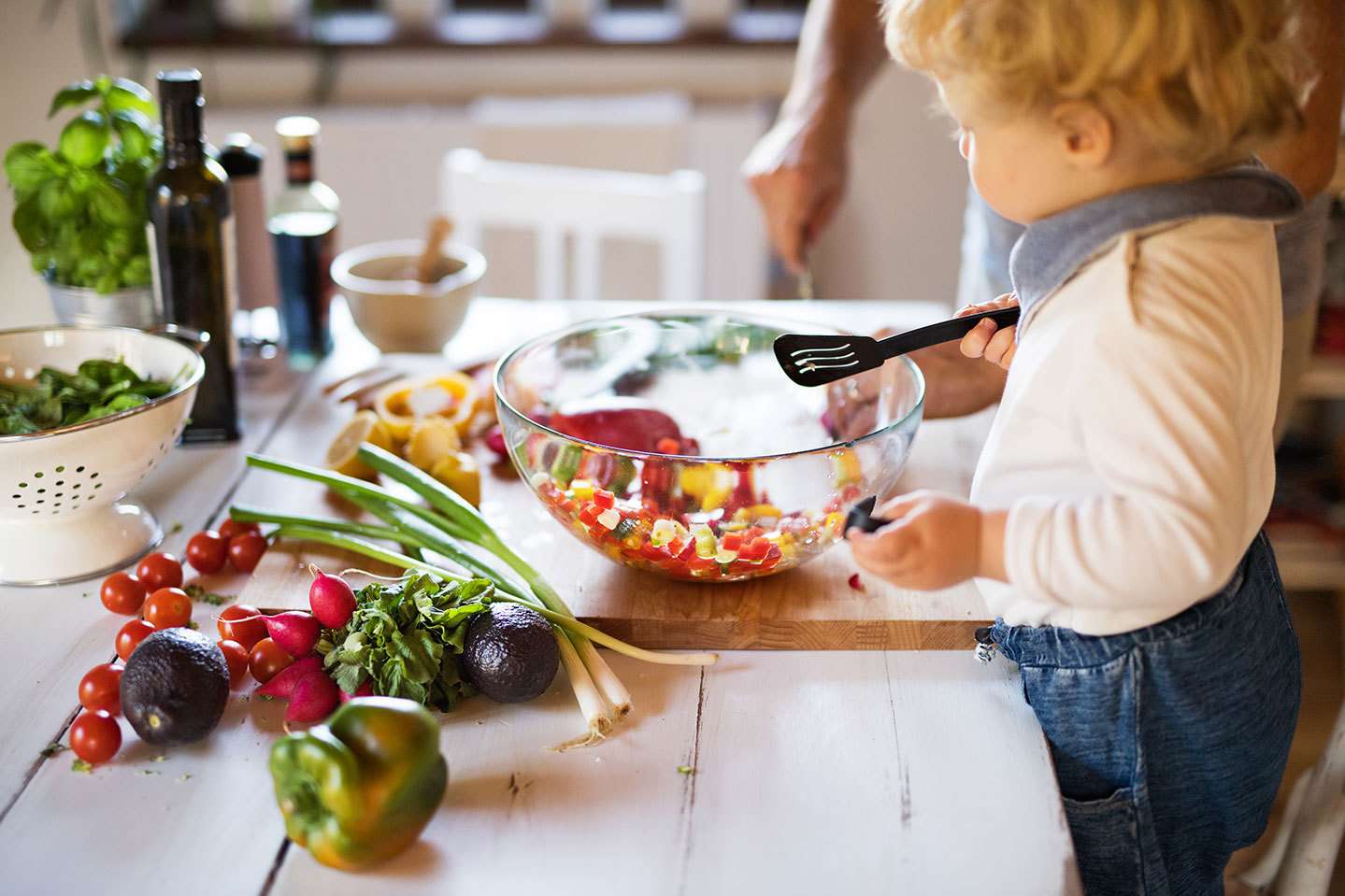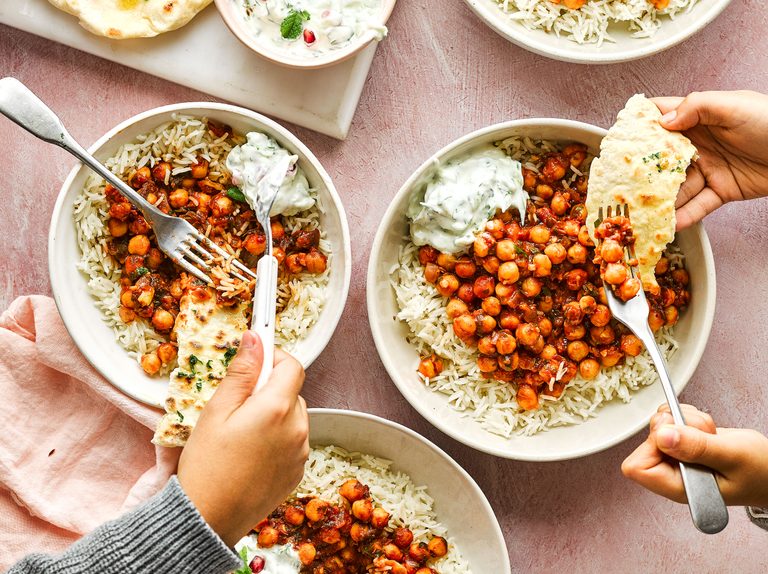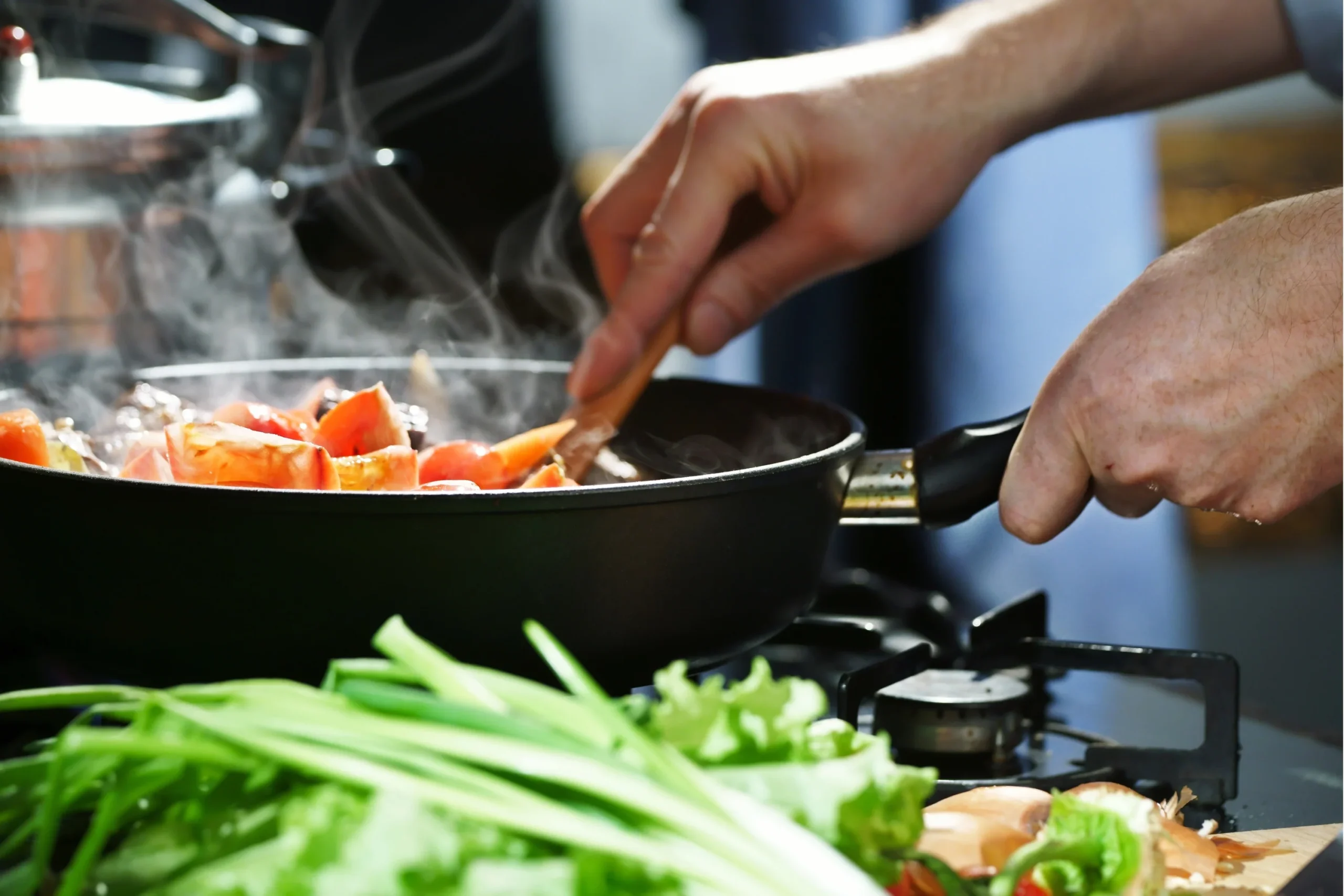Improving your cooking skills doesn’t require years of culinary school or professional training. With dedication, the right mindset, and consistent practice, you can make noticeable improvements in just one month. Whether you’re a complete beginner or someone who wants to refine your existing skills, this guide will walk you through actionable steps to enhance your culinary abilities in a month.
Set Clear Cooking Goals
Before you begin, it’s important to define what you want to achieve in the next 30 days. Setting clear goals will help you stay focused and measure your progress. Your goals could vary depending on your current skill level and what you want to improve on.
Common Cooking Goals
- Mastering basic knife skills: Learning how to chop, slice, and dice efficiently can speed up your cooking process and improve the presentation of your dishes.
- Understanding flavor profiles: Gaining knowledge of how to balance flavors (salty, sweet, bitter, sour, and umami) will help you elevate your dishes.
- Cooking a variety of meals: Trying out different cuisines and dishes will expand your repertoire and give you confidence in the kitchen.
- Improving cooking techniques: Learning techniques like searing, sautéing, braising, and baking will broaden your culinary skill set.
By identifying your specific goals, you can focus your efforts on areas that matter most to you.
Break Down the Basics
To make the most of your one month, you’ll want to master a few essential skills that form the foundation of cooking. These basic skills will make cooking more efficient and enjoyable.
Knife Skills
A good chef knows how to use a knife properly. Whether you’re chopping vegetables or slicing meat, proper knife skills are essential for safety, efficiency, and consistency. To practice:
- Learn to grip your knife properly: Hold it with your fingers wrapped around the handle, with your index finger resting on the blade for control.
- Practice basic cuts: Start with dicing, slicing, and mincing different vegetables like onions, tomatoes, and garlic. Focus on uniform cuts to improve presentation.
- Try different knives: Experiment with different knives (chef’s knife, paring knife, serrated knife) to see which one suits you best.
Mastering Cooking Techniques
Cooking techniques are the methods used to prepare food, and mastering them is crucial to improving your overall cooking skills. Some key techniques include:
- Sautéing: Cooking food quickly in a pan with a small amount of oil. It’s ideal for vegetables, meat, and fish.
- Roasting and Baking: Roasting uses dry heat, often in an oven, and is great for meats and vegetables. Baking is used for pastries, bread, and desserts.
- Boiling and Simmering: Boiling is for cooking pasta, rice, and some vegetables, while simmering is a gentler cooking method for soups and stews.
Practice these techniques regularly, focusing on perfecting each one.
Understanding Ingredient Preparation
An often-overlooked part of cooking is ingredient preparation. Preparing your ingredients correctly can make a huge difference in the final dish. Ensure you’re:
- Washing and peeling vegetables properly.
- Measuring ingredients accurately: For consistent results, use proper measuring cups and spoons.
- Prepping ahead of time (Mise en place): Organize your ingredients before you start cooking. This ensures you’re ready for each step of the recipe and prevents chaos in the kitchen.
Focus on Simple, Versatile Recipes
To make significant progress in just a month, focus on simple recipes that teach multiple skills. These recipes should allow you to practice various techniques like chopping, sautéing, simmering, and seasoning.
Start with Basic Dishes
- Stir-fries: Stir-fries are quick and easy, and they allow you to practice sautéing and chopping. They also encourage creativity since you can mix and match vegetables and proteins.
- Pasta dishes: Learn how to make a basic tomato sauce from scratch. It teaches you how to balance acidity, sweetness, and saltiness.
- Soups and Stews: These are great for practicing simmering and seasoning. You can experiment with different ingredients and learn how to layer flavors.
Gradually Increase Complexity
Once you’re comfortable with basic recipes, challenge yourself with dishes that require additional steps, like baking bread or making a curry from scratch. These recipes will teach you patience, timing, and advanced techniques.
Get Comfortable with Seasoning
One of the most important aspects of cooking is seasoning. Even the most basic dish can be elevated with the right combination of spices, herbs, and salts. Here’s how to improve your seasoning:
Learn Common Herbs and Spices
Start familiarizing yourself with common herbs and spices like:
- Salt and pepper: These are the building blocks of seasoning. Learn how much to use and when to add them to different dishes.
- Garlic, onions, and ginger: These aromatic ingredients are used to build depth of flavor in many dishes.
- Spices like cumin, paprika, and turmeric: Experiment with a variety of spices to create different flavor profiles in your dishes.
Taste as You Cook
Tasting is key to seasoning. Throughout the cooking process, taste your dish and adjust the seasoning accordingly. A pinch of salt, a dash of pepper, or a squeeze of lemon juice can make a huge difference.
Learn to Balance Flavors
When seasoning, think about how different flavors interact. For instance, if a dish is too salty, you can balance it out with sweetness (e.g., adding a touch of honey). If it’s too bland, a little acid (like vinegar or lemon juice) can bring it to life.
Cook with Fresh Ingredients
Cooking with fresh, high-quality ingredients will improve the taste of your dishes and boost your confidence. Here are a few tips:
- Shop seasonally: Buy fruits and vegetables that are in season for the best flavor and value.
- Use fresh herbs: Fresh herbs like basil, parsley, and thyme add brightness and flavor to dishes.
- Choose quality proteins: Invest in good-quality meat, poultry, and seafood for better-tasting meals.
Experiment with Substitutions
Don’t be afraid to experiment with ingredient substitutions. For example, swap spinach for kale, or use vegetable broth instead of chicken broth. These small changes will teach you how to adjust your recipes to suit your taste.
Watch Tutorials and Follow Recipes
While hands-on practice is essential for improving your skills, watching cooking tutorials and following recipes can also help you learn new techniques and approaches. Here’s how to use these resources effectively:
Watch Online Tutorials
There are countless cooking tutorials available on YouTube and cooking websites. Watching professionals in action will give you a sense of the timing, methods, and presentation involved in creating a dish.
Follow Recipes and Learn from Them
Use recipes to guide your practice. Pay close attention to the techniques and instructions, especially when it comes to timing and temperature. After you’ve made a recipe, reflect on what worked well and where you can improve. Over time, you’ll become more comfortable improvising and creating your own dishes.
Cook Regularly and Experiment
The key to improving your cooking skills is consistent practice. Aim to cook at least three to four times a week. Regular cooking will build muscle memory and increase your confidence. Additionally, don’t be afraid to experiment and make mistakes—cooking is as much about learning through trial and error as it is about following instructions.
Try New Recipes and Cuisines
Expand your palate and challenge your skills by trying recipes from different cuisines. Whether it’s an Indian curry, a French pastry, or a simple Italian pasta, new recipes will introduce you to new ingredients, techniques, and flavor profiles.
Learn to Adjust and Improvise
Once you’ve gained more confidence, try adjusting recipes based on what you have in your pantry. Improvise by using different spices, adding ingredients you enjoy, or changing cooking methods to suit your preferences.
Get Feedback and Reflect
Feedback is a valuable tool for improvement. Ask friends or family members to taste your dishes and offer constructive criticism. Alternatively, keep a cooking journal where you jot down what went well and what you could improve.
Reflect on Your Progress
At the end of the month, reflect on how far you’ve come. Are you more confident in the kitchen? Have you learned new techniques or improved your flavor profile? Celebrate your achievements and set new goals for the next phase of your cooking journey.
Conclusion
With focus, practice, and a willingness to learn, you can make noticeable improvements to your cooking skills in just one month. Set clear goals, break down the basics, experiment with different dishes, and learn from both successes and failures. By the end of the month, you’ll not only be a more skilled cook but also enjoy the process of creating meals from scratch. The key is consistency, patience, and an open mind. Happy cooking!




